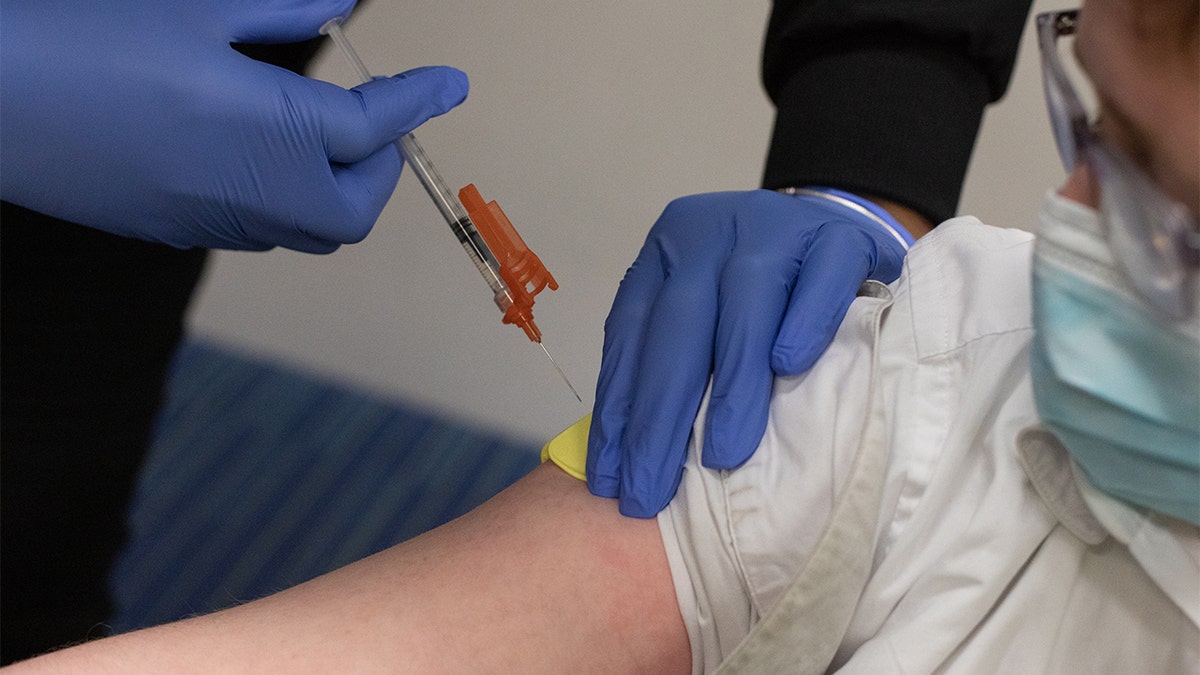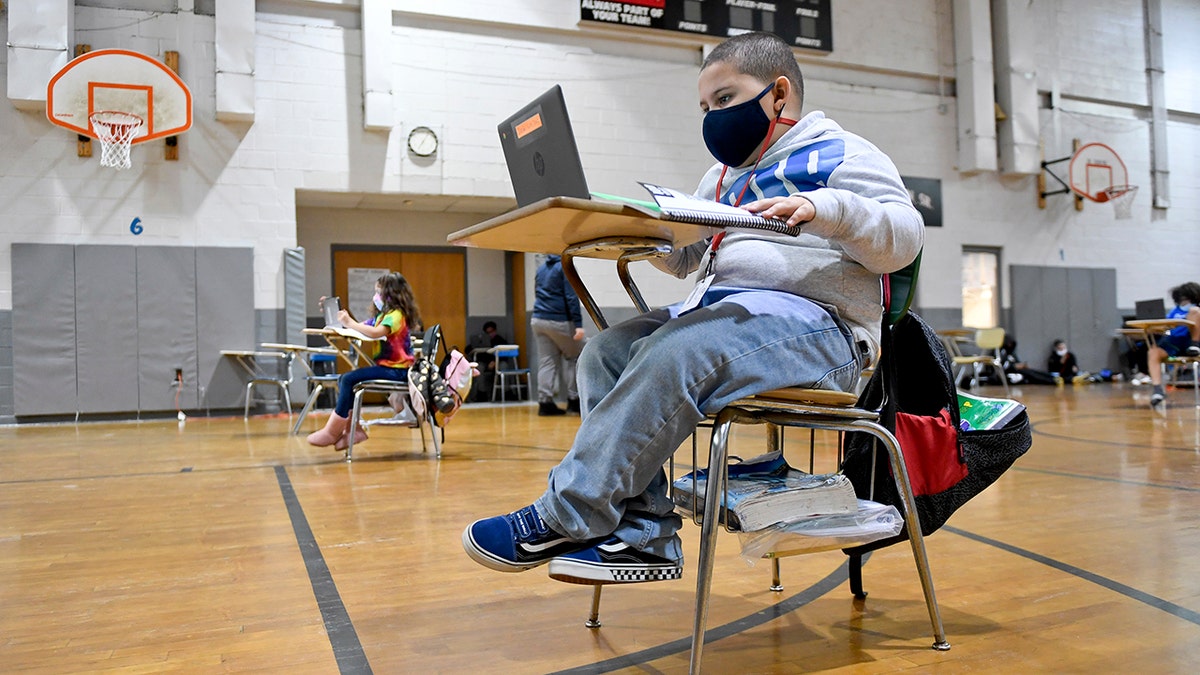Media top headlines December 14
In media news today, charges filed against a CNN producer of inducing minors for sex reveal shocking details, progressives erupt over Elon Musk being named TIME 'Person of the Year,' and The Atlantic's David Frum suggests unvaccinated patients should be treated last in hospitals.
Readers of The Atlantic reacted with anger after an article explained how most Americans outside major metropolitan areas are moving on from the COVID-19 pandemic.
On Monday writer Matthew Walther, penned an essay titled, "Where I Live, No One Cares About COVID" which documented his experiences in rural southwest Michigan regarding the coronavirus pandemic. While Walther acknowledged the virus is a continuing presence in the county, he bluntly wrote that he and his neighbors in the area simply no longer care.

FILE - In this April 15, 2021, file photo, Emergency Room technicians test patients for Covid-19 outside of the emergency entrance of Beaumont Hospital in Grosse Pointe, Mich. Michigan. ((Junfu Han/Detroit Free Press via AP))
THE ATLANTIC’S DAVID FRUM SUGGESTS TREATING UNVACCINATED PATIENTS LAST IN HOSPITALS
"I don’t know how to put this in a way that will not make me sound flippant: No one cares. Literally speaking, I know that isn’t true, because if it were, the articles wouldn’t be commissioned. But outside the world inhabited by the professional and managerial classes in a handful of major metropolitan areas, many, if not most, Americans are leading their lives as if COVID is over, and they have been for a long while," Walther wrote.
Walther maintained that his position has "always been more in line with the typical American’s pandemic experience than that of someone in New York or Washington, D.C., or Los Angeles."
Since being published, the article has garnered negative attention from readers of The Altantic with some calling Walther's article "enraging" and "dangerous."

A healthcare worker administers a dose of a Pfizer-BioNTech Covid-19 vaccine to a child at a pediatrician's office in Bingham Farms, Michigan, U.S., on Wednesday, May 19, 2021. Photographer: Emily Elconin/Bloomberg via Getty Images (Emily Elconin/Bloomberg via Getty Images)
Frequent MSNBC guest Dr. Eric Feigl-Ding tweeted "This Atlantic piece ranks up their [sic] with that dangerous ‘kids are practically immune’ oped by Oster. I don’t know what is happening at the Atlantic anymore when it comes to dismissive COVID opeds."
"Problem with that Atlantic piece many are mad about is not that the author represents views of Americans who oppose public health measures or are ignoring COVID—it's that it *does not*. It's a typical finely-tuned *professional* performance of ‘I'm real America’. Uninformative," New York Times columnist Zeynick Tufecki wrote.
WIRED editor-at-large Steven Levy tweeted, "It's important to know that people think that way, and to hear them out---maybe in a reported piece or skeptical Q and A. But should you give a byline to someone ignoring facts and legitimizing a POV that promotes dangerous behavior?"

At the Mulberry Street location of the Olivet Boys and Girls Club in Reading Tuesday morning January 19, 2021 where the club has resumed providing a location for students to come and do their remote learning with desks setup and spaced apart in the club's gym. Coronavirus Pandemic. (Photo by Ben Hasty/MediaNews Group/Reading Eagle via Getty Images) (Ben Hasty/MediaNews Group/Reading Eagle via Getty Images)
Others upset by the article, claimed they will unsubscribe from the Atlantic as a form of protest.
CLICK HERE TO GET THE FOX NEWS APP
Although this recent article came under controversy for supposedly underplaying the coronavirus, the publication also came under fire for overreacting to the pandemic. The Atlantic previously faced backlash over originally publishing an article titled "Is it Safe to Hang Out with the Unboosted"’ before changing the title to "How to Socialize Safely in the Booster Era." The Atlantic’s David Frum was also blasted for suggesting that hospitals "triage emergency care" to treat unvaccinated patients last.









































